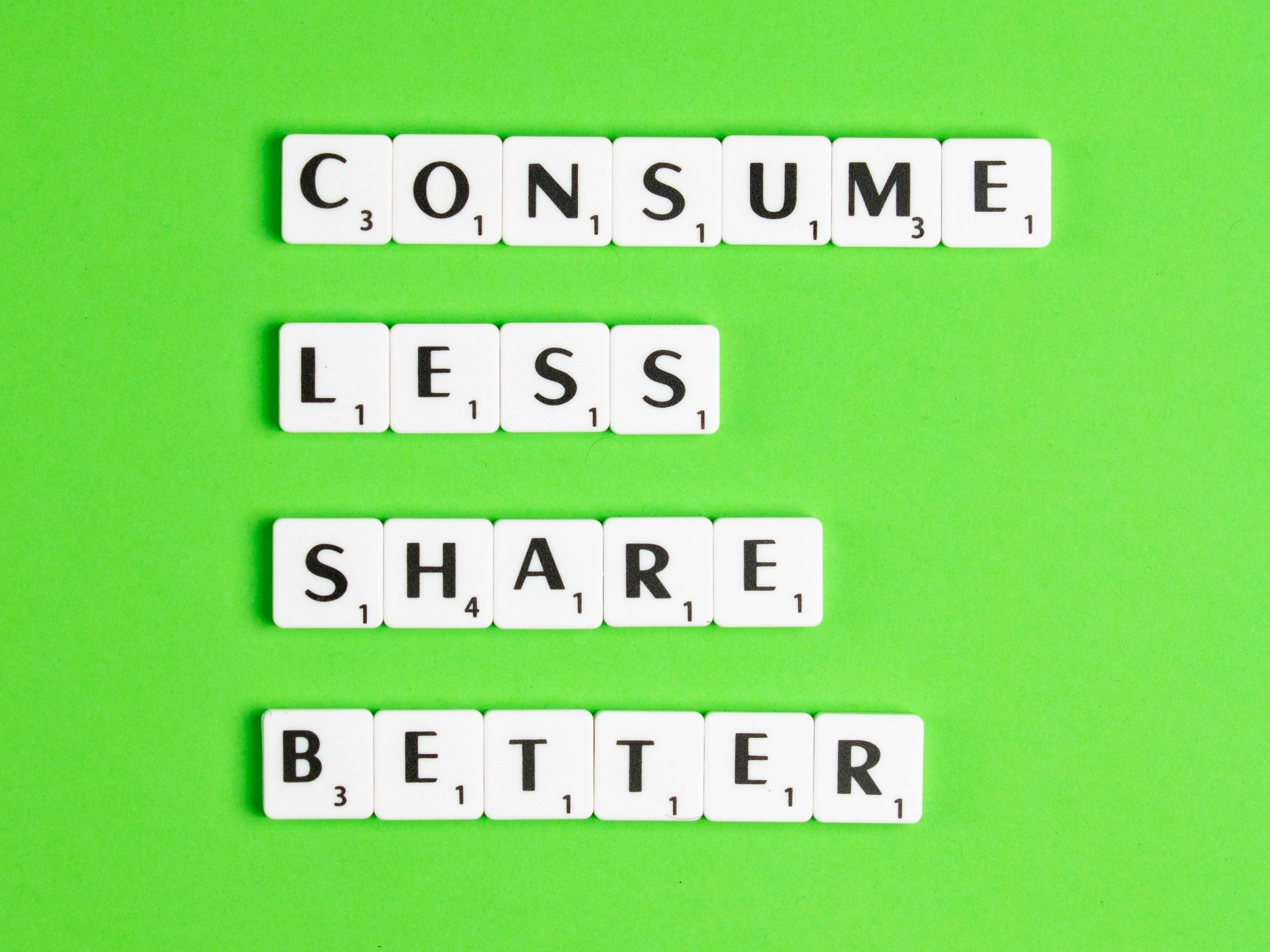
Consumers are demanding more sustainability from the retail industry than ever before. With climate change and environmental concerns front of mind, it’s essential for retailers to adopt sustainable practices. Adopting sustainable practices is no longer just a trend but a necessity for long-term business success. But how can you be a sustainable retailer without passing on the cost to consumers? Let’s dive in.
Prioritise Sustainability
Making sustainability a core part of your business strategy is crucial for long-term success and consumer trust Just like sales targets, sustainability goals should be set and measured. Accountability is also key – it should be clear which departments and people are ultimately responsible for achieving these goals.
- Set Specific Goals with Clear Timelines: Define how important sustainability is to your business and set measurable goals. Whether it’s reducing carbon emissions, using more eco-friendly packaging or sourcing ethically produced goods, having clear targets and making them measurable is key. For example, don’t just state that you will use less single-use plastic in your packaging, instead commit to 90% of our packaging will be fully compostable within the next 2 years.
- Leadership Involvement: Ensure your leadership team is actively involved in the sustainability journey. They should communicate goals clearly and be accountable for progress. It should be no different to annual KPI setting – it should be regularly reviewed and potentially rewarded if there is a bonus structure in place.
- Tailored Programs: Develop sustainability programs that align with your business and that you can control. For instance, food retailers might focus on sustainably sourced ingredients while clothing stores could partner with ethical fashion brands. Tailored programs ensure that sustainability efforts are relevant and impactful for your specific industry.
Embed Sustainability
To truly embed sustainability, it needs to be integrated into every aspect of your day-to-day business operations.
- Sustainable Practices: Implement practices like using energy-efficient lighting, reducing waste, and choosing suppliers who meet your sustainability criteria, such as those certified by recognised environmental standards like ISO 14001.
- Policy Inclusion: Make sure your business policies reflect your commitment to sustainability. This could involve setting guidelines for sustainable sourcing, reducing single-use plastics and promoting recycling initiatives. Regularly review and update policies to reflect the latest sustainability standards and practices.
Reimagine Sustainability
Retailers have the unique opportunity to innovate and lead the way in sustainability by exploring new business models and partnerships.
- New Partnerships: Collaborate with tech companies to develop eco-friendly packaging solutions or partner with non-profits to support community-based social impact projects.
- Innovative Models: Explore new business models that support sustainability, such as clothing rental services, second-hand sales or zero-waste stores. Also consider implementing circular economy principles, such as product take-back schemes and recycling programs.
Understanding Greenwashing
Greenwashing is when companies falsely advertise themselves as environmentally friendly to attract consumers, which can damage trust and credibility.
- False Claims: Be wary of businesses that spend more on marketing their sustainability efforts than on actual implementation. Ensure that all sustainability claims are backed by verifiable data and transparent reporting
- Misleading Labels: Avoid vague or irrelevant claims, like labelling products as “eco-friendly” without substantial evidence. Use clear and specific labels that accurately reflect the environmental benefits of your products.
Avoiding Greenwashing
Commit to genuine sustainable practices and transparent marketing to build long-term consumer trust.
- Truthful Marketing: Ensure all your sustainability claims are accurate and verifiable. Avoid exaggerating or making false claims about your environmental impact. Transparency in marketing not only builds trust but also sets a standard for the industry.
- Third-Party Certification: Consider certifications like Fairtrade, ISO 14001 or B-Corp to independently validate your sustainability efforts. These certifications provide credibility and assure consumers of your genuine commitment. They will also help you to embed sustainability in your business through their requirements.
Conclusion
In summary, being a sustainable retailer involves prioritising, embedding, and reimagining sustainability within your business. Use suppliers and business partners who share your values. And by obtaining a third-party certification, your consumer will find it easier to trust you’re doing and not just saying the right thing. By committing to genuine sustainability, you not only meet consumer demands but also contribute positively to the planet, ensuring a better future for all.